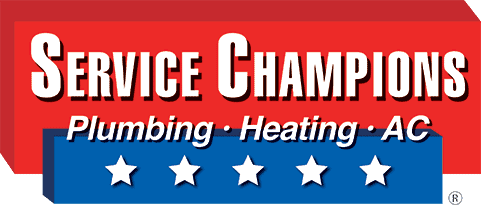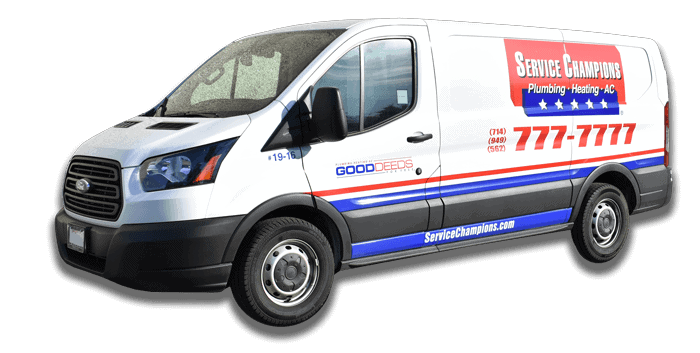Why Does My Water Pressure Seem Low?
Have you been wondering why your water does not flow as much or as quickly when you turn on your faucets and shower? Have you noticed your outside sprinkler system not giving a strong output? These are signs that your home water system may have low water pressure.
The good news is there are a number of possible solutions. Here we will share everything you want to know about what may be causing your water pressure issues and how to resolve it.
Signs of Low Water Pressure
You can tell the signs of low water pressure once you know what you’re looking for, like your mop bucket taking a long time to fill up. Here are the noticeable signs that your water pressure may be low.
- Water pressure decreases when more than one person uses the water at the same time
- You’re waiting a long time for water to start flowing
- Hot water takes more time to come out of the faucet
- Before water starts to flow there may be a whistle or hissing sound
How Do You Measure Water Pressure?
Water pressure is measured using pounds per square inch (PSI). A low PSI can cause problems for your appliances, making them overwork and become damaged. If your water pressure is too high, burst pipes and leaks can also occur and cause costly damage.
Can I measure my home’s water pressure?
There are a couple of ways you can measure your water pressure. You can measure it yourself or have a professional do it for you. If you want to measure it yourself all it takes is a quick trip to the hardware store for a gauge.
Make sure that all running water has been shut off before testing. Place your water pressure gauge on an outside faucet and turn the water on all the way. This will help you get the most accurate reading.
A normal reading is between 40 – 60 PSI. If your water pressure gauge shows a PSI of lower than 40, your water pressure is low.
Causes of Low Water Pressure
There are many causes of low water pressure. These issues can range from things you can fix on your own to problems that a licensed professional will need to handle.
Clogged pipes
When a build-up of debris, grease, food, and limescale happens in your water pipes it causes the water not to be able to flow through, resulting in low water pressure.
 Trying the vinegar and baking soda trick on your own at home may help dissolve the clog. Pour these two components down your drain to clear out the blockage.
Trying the vinegar and baking soda trick on your own at home may help dissolve the clog. Pour these two components down your drain to clear out the blockage.
Corroded Water Pipes
Just like any metal that is left outside for a long period, water pipes can be prone to corrosion.
Having your pipes replaced is the only option for corroded pipes and must be done by a licensed professional.
Faulty Main Water Valve
The main water valve controls how much water pressure flows into your home water system. If this ever becomes faulty it can affect your water pressure.

A Water Company Issue
There is a chance that the problems you’re having with your water pressure may not be on your end. Contact the water company and check with them too.
Pipe Leaks
A common cause of low water pressure is a leak in the water pipes. To check if you have a leak in your pipes, shut off all running water in your home and check your meter in one hour. If it shows you are still using water, you most likely have a leak.
Contact a licensed plumber to locate the leak and make the repair. Once that work is done, your water pressure should be restored to normal.
Problem with the water pressure regulator
To make sure your home’s water system receives the correct PSI, a water pressure regulator is installed and set to 50 PSI. If you’re still noticing signs of low water pressure there might be a problem with your regulator.
Air Pockets
When air pockets block the pressure in your water pipes it causes an airlock which can lower your water pressure. Because this is a complicated issue, a Service Champions professional should be contacted to fix the problem.
Hard Water Blockage
A hard water blockage or a scale blockage is the result of the minerals, calcium, and magnesium building up and then dissolving. Chemicals such as rust and lime remover are not good for the same pipes that supply your drinking water.
It is highly recommended that you replace your pipes if you’re dealing with a scale blockage. After the replacement has been completed, a water softener can prevent further buildups.
If you’re dealing with low water pressure and want someone to tackle the problem call one of our Service Champion plumbers today.

